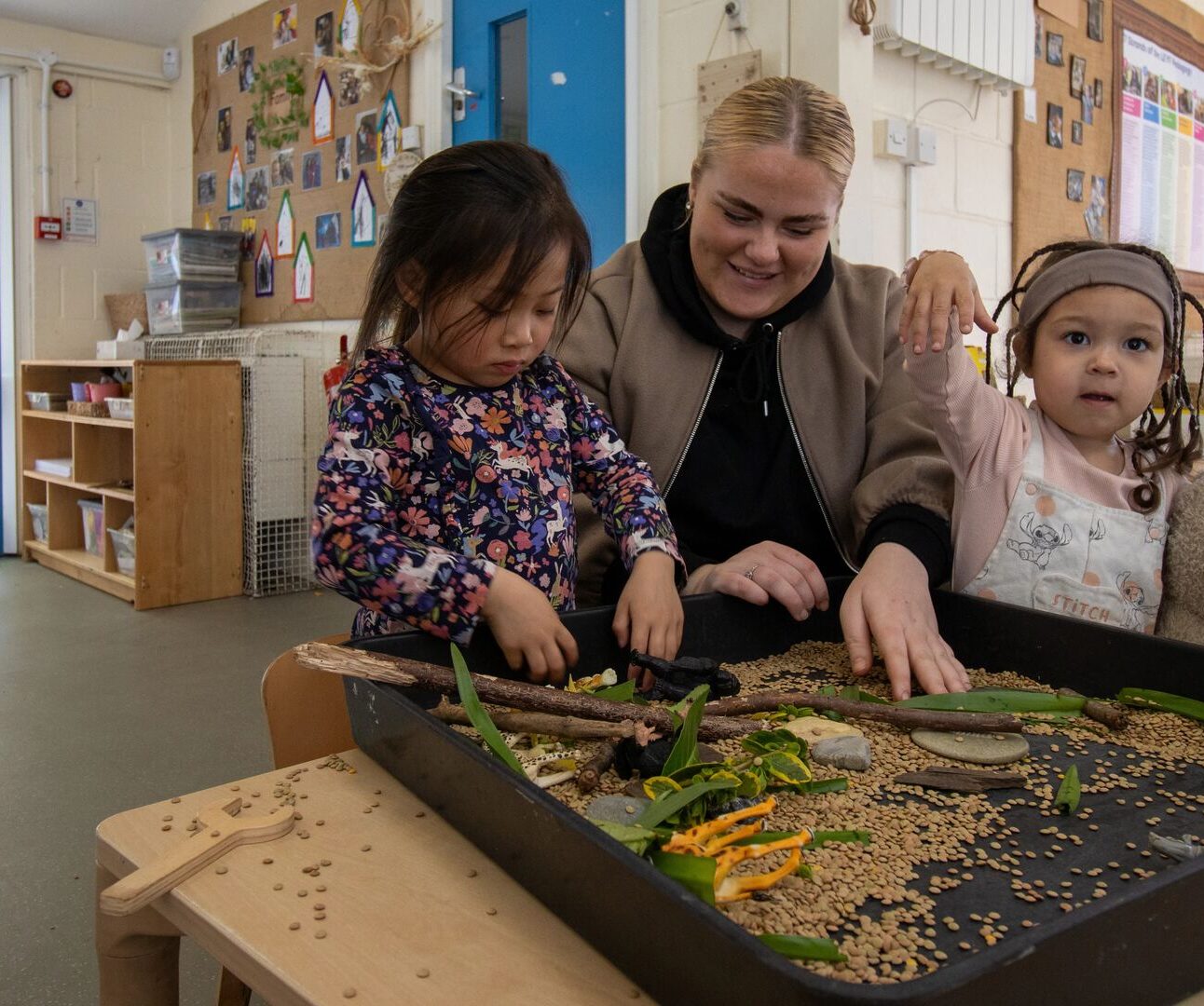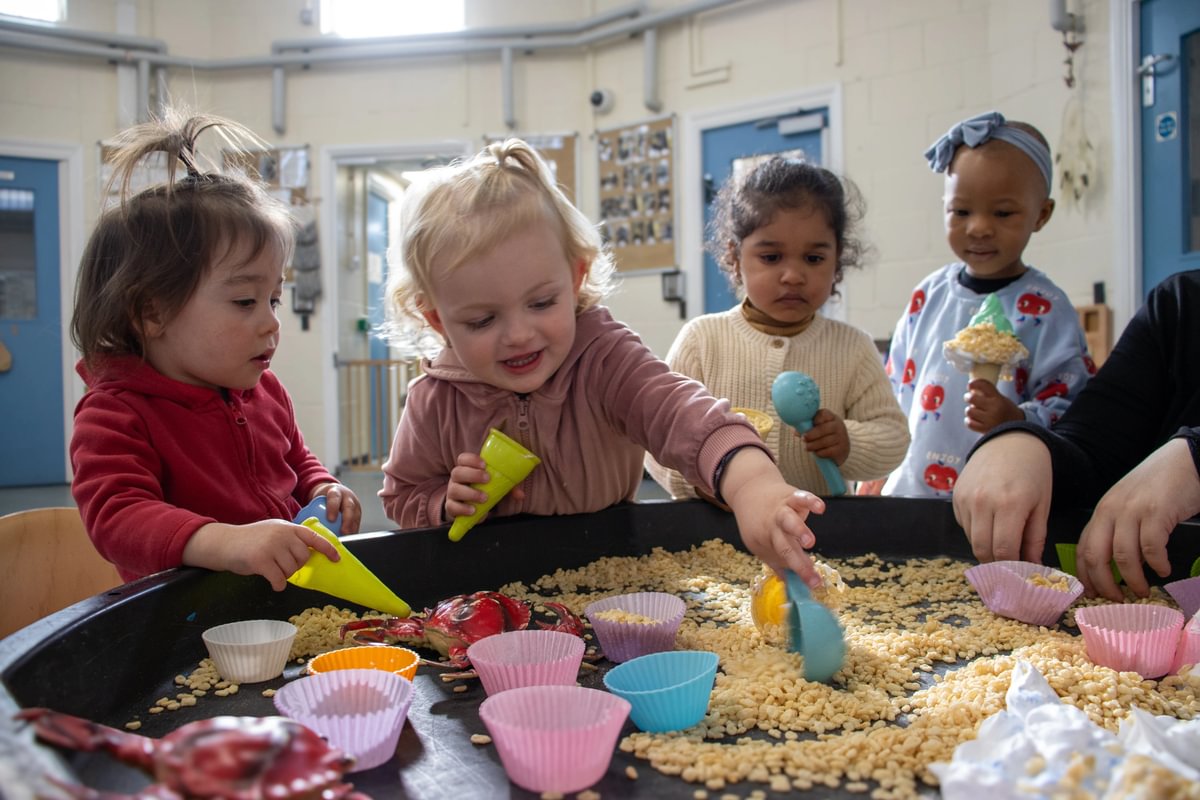
D is for Disadvantaged: What Does that Mean?
“Disadvantage” is one of those terms we bandy about in policy papers and conference keynotes, but what do we mean by it? Do we understand the lived reality behind the…
January 3rd 2020
Given this is the beginning of a new decade, I glanced at some previous New Year blogs. Not my best idea! The world of Early Years is still Groundhog Day with little progress in gaining recognition and funding for the sector. So, in 2020 it’s crucial things must change.
I found a few nuggets of ‘good sense’ in the book Swearing Is Go*d F*r You by Emma Byrne. It is my most successful way to manage stress, frustration and stupidity of which we have a surfeit. Turn on the TV and enter the pit of political and celebrity insanity. So, thank you to those producers who cheered us up with the genius Fleabag, Killing Eve and Gentleman Jack – please do more to keep us all sane.
The last few years have been painful but, at the same time, brought kindness into sharp relief. Practical examples which cheered me up included LEYF nursery managers; Gemma at Marks Gate and Caroline at Leys responding to their working parents’ poverty with a food bank and food swop scheme (not just tins of chick peas which challenges many of our culinary skills especially if you haven’t got a blender) but by collecting food that was both healthy and easy to serve to hungry children.
Our colleague, Tina from Eastbury introduced bowls of fruit in her nursery for parents to help themselves as they rushed off to work. Nausheen from Earls Court raised the issue of homelessness by taking part in The World’s Big Sleep Out to raise the awareness about the massive 165% increase in homelessness whilst people like Alethea from Burgess Park and Enisa at Abbots Manor opened their nursery doors to children with additional learning needs.
Rosie and Haava at Conservatoire completed the MicroTyco challenge to raise money for an overseas charity, Gemma and her team in Customer Services figured out how to support the Kenyan based social enterprise, Kidogo and Marion led the collection of presents for the local refugees. I could go on with many more heart-warming examples such as the generous donation from Charlotte Grobien Give it Away which helps LEYF support parents through personal or family tragedy.
However, it’s not just people – kindness can be evident in businesses too. Social enterprises are designed to be sensible businesses with a core of kindness in their mode of operations. Whether it’s disrupting a model of delivery like we have with childcare or employing people often excluded from the workplace such as those with disabilities, ex-prisoners and reforming drug users.
Kindness is built through the power of collaborations. My favourite are our multi-generational partnerships such as Teens and Toddlers and From Generation 2 Generation. As Jonathan Swift reminds us, power is no blessing in itself, except when it is used to protect the innocent.
I am always humbled by the small kindnesses we see every day on the streets of London. People are so busy they often don’t look, but when you do you will see the small things that are all about love not fear. It may be the offer of a seat on the bus or Underground, the person who puts a sandwich and a coffee in front of a homeless person or kind words to those who express fears and failure on Twitter. It’s there if you look closely.
I am going to start this decade with my eyes wide open to the kindness of people and organisations. I am not going to let the media bully me by aggressive interviews, scaremongering and misrepresentations. I am privileged to work with small children and Early Years colleagues. It’s our task to keep kindness as a central tenet of the work we do. So that’s my intention for 2020 to be kinder and remind people that kindness makes us human. What will yours be?

“Disadvantage” is one of those terms we bandy about in policy papers and conference keynotes, but what do we mean by it? Do we understand the lived reality behind the…

Talking Early Years: June O’Sullivan and Sue Egersdorff The world is changing fast. Technology is accelerating how we live, work and even care, but in that rush, you…

On the 7th April, we held the London OBC and here is a summary for those of you who could not attend. We are trying something new,…